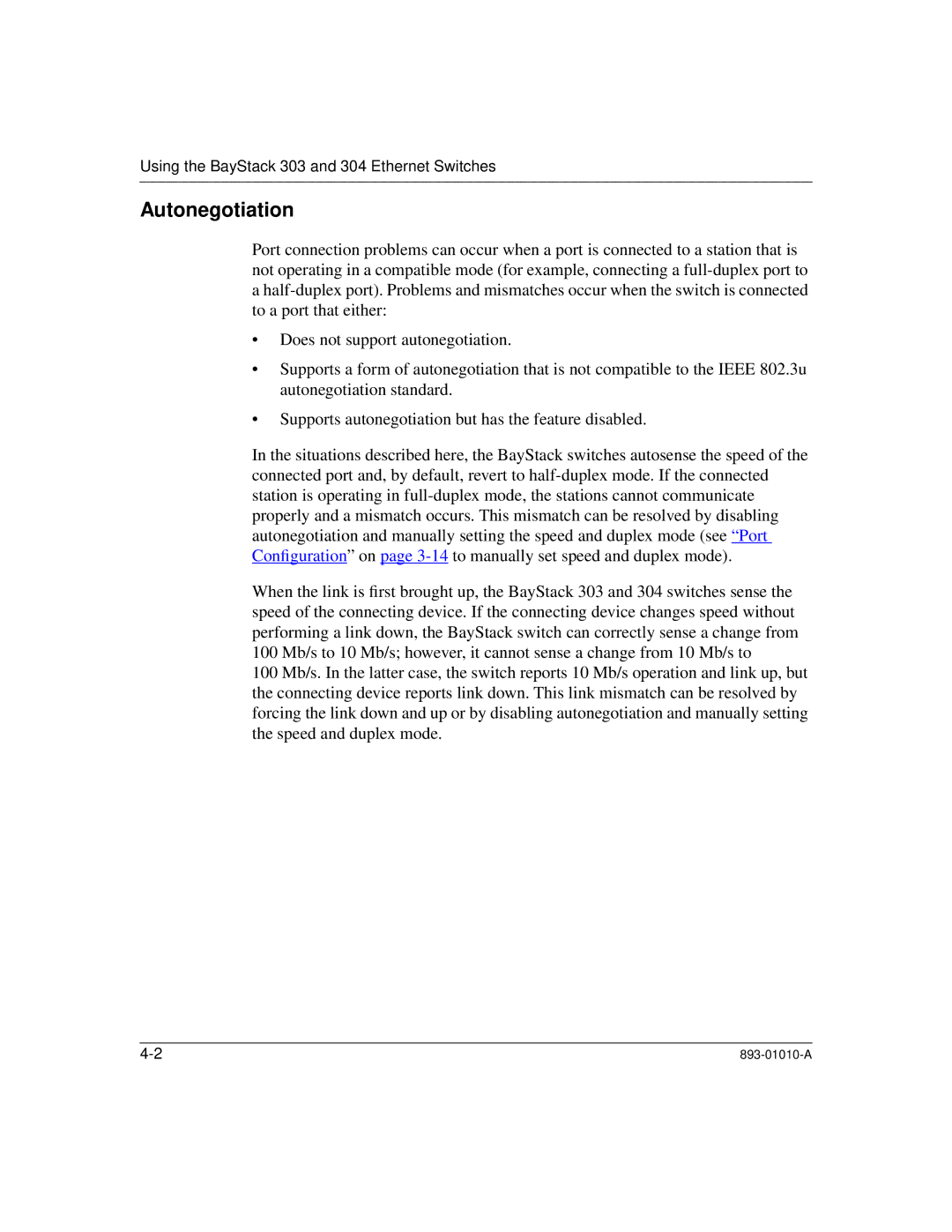304, 303 specifications
Bay Technical Associates (BTA) has established itself as a leader in the field of technology, particularly with the introduction of their BTA 303 and 304 models. These devices are designed to meet the increasing demands of various industries, ranging from telecommunications to manufacturing, by offering cutting-edge features and robust performance.The BTA 303 is a versatile system that integrates advanced processing capabilities with a user-friendly interface. It comes equipped with high-speed data processing units that enable rapid analysis and decision-making. One of the standout features of the 303 model is its modular design, allowing users to easily customize and expand the system based on their specific requirements. This flexibility makes it an ideal choice for businesses looking to scale their operations without the need for a complete systems overhaul.
On the other hand, the BTA 304 pushes the envelope with its enhanced connectivity options. It supports multiple communication protocols, including Ethernet, Wi-Fi, and Bluetooth, which ensures seamless integration with other devices and systems. This level of connectivity is crucial for industries that rely on real-time data exchange and remote monitoring. Furthermore, the 304 model is equipped with advanced security features that protect sensitive information, a critical aspect in today’s data-driven world.
Both the BTA 303 and 304 leverage state-of-the-art technologies to enhance performance. They are built on a robust architecture that allows for high levels of data throughput without compromising on reliability. Additionally, these systems incorporate machine learning algorithms that enable predictive analytics, helping businesses to foresee challenges and optimize their operations accordingly.
In terms of user experience, BTA has focused on developing intuitive software that simplifies system management. The graphical user interface (GUI) is designed to be accessible, enabling users at all skill levels to navigate and utilize the system effectively. Comprehensive customer support is also provided, ensuring that users can maximize the potential of their BTA systems.
In conclusion, the BTA 303 and 304 models from Bay Technical Associates are exemplary systems that combine advanced features, modern technologies, and user-centric design. Their modularity, connectivity, and analytical capabilities position them as essential tools across various industries, driving efficiency and innovation. With ongoing advancements in technology, BTA continues to evolve, ensuring that its offerings remain at the forefront of the market.

